Optimal Timing for Storm Restorations
Storm restorations are most effective when performed during periods of calm weather, allowing for thorough assessments and repairs without the interference of ongoing storms. The optimal time varies based on regional weather patterns, but generally, late spring through early fall provides a window of stable conditions ideal for comprehensive restoration work.
Late spring and early summer are considered ideal for storm restorations due to predictable weather patterns and lower storm activity.
Performing restorations during dry, stable weather minimizes delays and ensures safety and quality in repairs.
Immediately after a storm, assessments and repairs are critical, but weather conditions must be suitable to proceed effectively.
In Florida, the hurricane season peaks from June to November; planning restorations outside this window can lead to more efficient work.
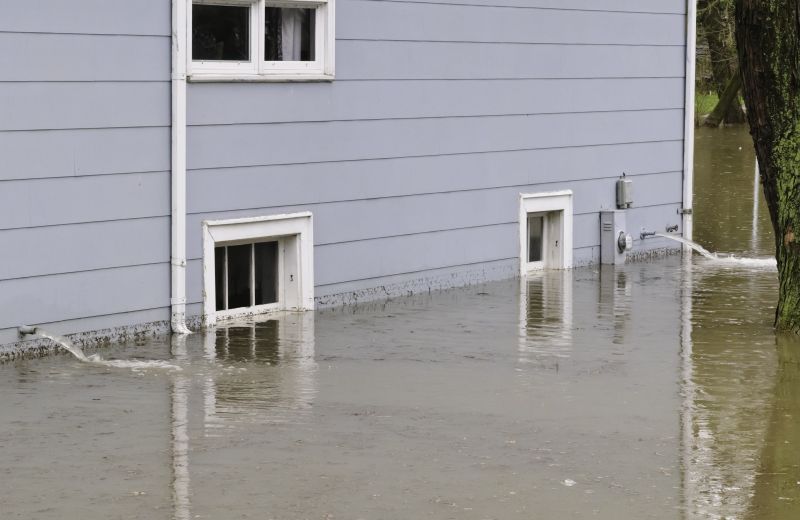
Evaluating damage after storms to determine restoration needs.
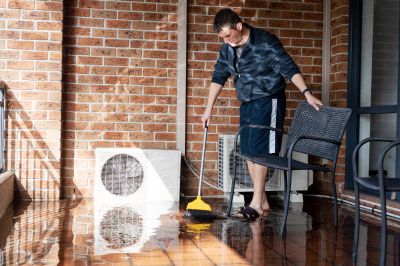
Restoration activities underway during favorable weather conditions.
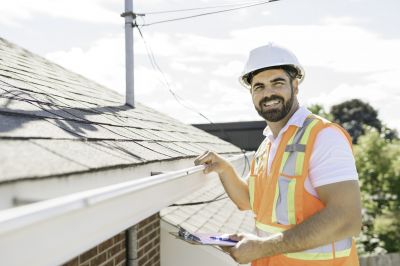
Final assessments to ensure quality and safety after storm restorations.

Ways to make Storm Restorations work in tight or awkward layouts.
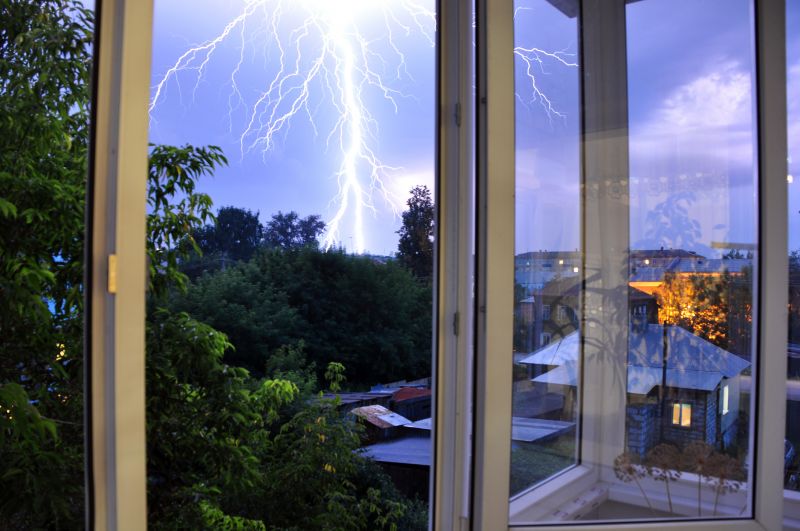
Popular materials for Storm Restorations and why they hold up over time.

Simple add-ons that improve Storm Restorations without blowing the budget.
| Factor | Impact on Timing |
|---|---|
| Regional Climate | Influences optimal months for restoration |
| Storm Season | Best avoided during peak hurricane months |
| Weather Conditions | Dry and stable weather preferred |
| Resource Availability | More accessible during off-peak seasons |
| Urgency of Damage | Immediate post-storm repairs may be necessary |
Storm restorations involve repairing damage caused by severe weather events, such as hurricanes, hailstorms, and high winds. These activities include roof repairs, siding replacements, window reinforcements, and structural assessments. Timely restorations help prevent further damage, reduce repair costs, and restore property integrity. Data indicates that performing repairs during periods of stable weather reduces delays and enhances safety. Proper planning around seasonal weather patterns ensures that restoration efforts are both efficient and thorough.
In regions prone to frequent storms, such as Florida, understanding seasonal patterns is crucial for scheduling restorations. Storm activity peaks during hurricane season, which runs from June through November. Planning restoration projects outside these months can lead to better resource management and more reliable results. Additionally, early preparation during the off-season can expedite response times when storms do occur, minimizing property exposure to ongoing damage.
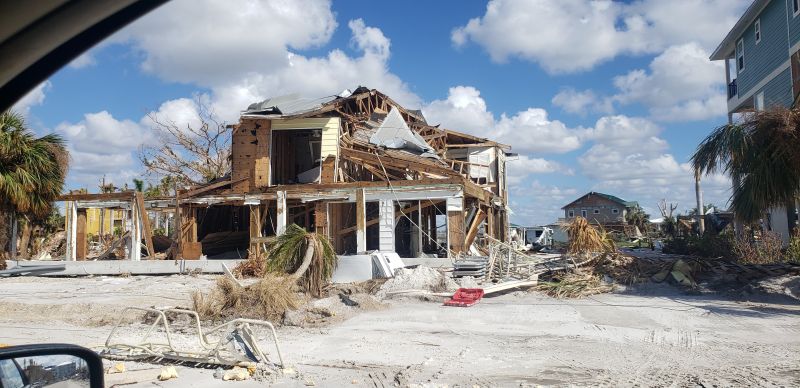
Assessing and reinforcing structures before storm season.

Post-storm evaluations to determine repair needs.

Executing repairs during favorable weather conditions.
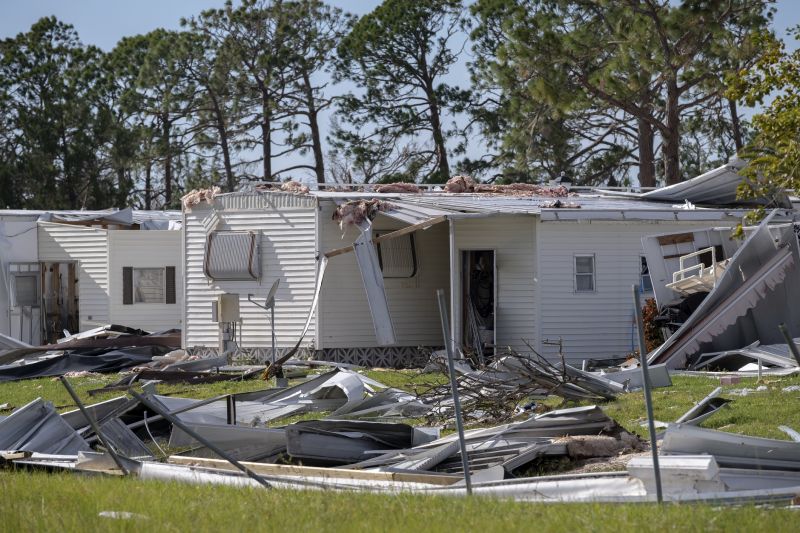
Ensuring repairs meet safety and quality standards.
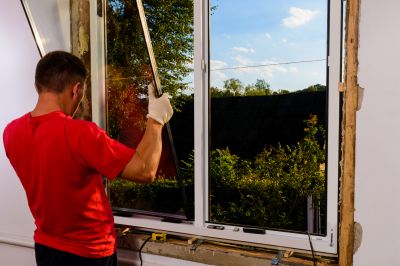
High-end options that actually feel worth it for Storm Restorations.

Finishes and colors that play nicely with Storm Restorations.
Individuals interested in storm restorations are encouraged to contact for more information or to schedule assessments. Planning ahead and understanding the best timing can lead to more efficient and effective repairs, ensuring properties are resilient against future storms.
